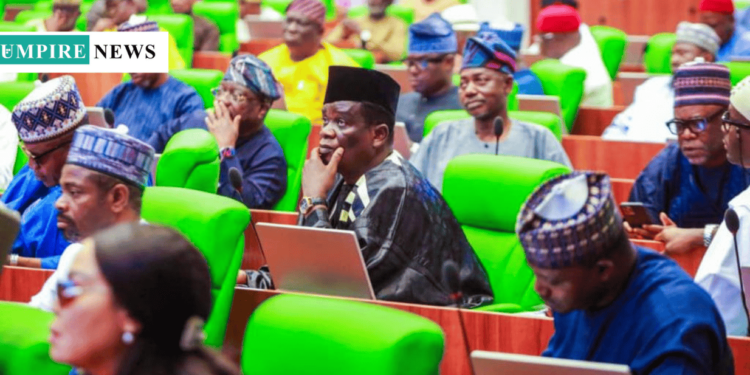The House of Representatives Committee on Renewable Energy is set to intensify its probe into the utilization of over $2 billion in funds allocated for Nigeria’s renewable energy sector since 2015. Key ministers, including Abubakar Kyari of Agriculture, Uche Nnaji of Science and Technology, and Atiku Bagudu of Budget and Economic Planning, have been summoned to address questions surrounding the investments and grants received over the years.
Chair of the committee, Rep. Afam Ogene, expressed deep concern about the lack of improvement in Nigeria’s power supply despite substantial financial backing. “The funds earmarked for renewable energy development were meant to bring measurable changes to our energy sector,” Ogene noted, highlighting the critical need for accountability in managing public funds.
The investigation took a tense turn as none of the invited ministers attended the initial hearing on Tuesday. Instead, they sent representatives, many of whom were sent back for lacking sufficient authorization to speak on behalf of their principals. Rep. Ogene, visibly frustrated by their absence, warned that such non-compliance would not be tolerated. “This committee’s mandate is clear: we must ensure transparency in the handling of these funds. The ministers are expected to appear in person,” he stated firmly, underscoring the House’s authority to hold public officials accountable. He added that repeated absences from these hearings suggest a disregard for legislative oversight, which he called “unacceptable.”
During the hearing, Ogene reminded the representatives present that the National Assembly has constitutional powers to summon government officials to address critical issues concerning public funds. Citing Section 81(1) of the Nigerian Constitution, Ogene remarked, “Each House of the National Assembly has the power to direct investigations into matters within its legislative jurisdiction.” He clarified that this power includes scrutinizing the conduct of any ministry, department, or agency responsible for utilizing funds appropriated by the Assembly.
The committee emphasized that the inquiry is not intended to “witch-hunt” anyone but to ensure that funds are used to benefit Nigerians as intended.
One of the most contentious moments of the session occurred when Felix Okonkwo, a director representing the Ministry of Budget and Economic Planning, admitted he could only address “some responsibilities but not all.” Ogene promptly dismissed Okonkwo’s participation, instructing him to inform his principal, Minister Bagudu, to attend personally. Similarly, a deputy director from the Ministry of Science and Technology, Suleiman Abubakar, was told that he had “no locus to stand in for the minister.” Ogene insisted that the ministers must appear in person on Wednesday, emphasizing that the committee requires direct accountability from top officials rather than delegated representatives.
In addition to the ministers, the committee expects officials from the Office of the Accountant General, the Niger Delta Power Holding Company, and Union Bank to present statements. The House panel aims to uncover any discrepancies or mismanagement of funds that could explain the persistent challenges in Nigeria’s renewable energy sector.
Rep. Ogene concluded by reiterating that the investigation reflects the Assembly’s commitment to safeguarding public interest. “We owe it to the Nigerian people to follow these funds closely and ensure they serve their intended purpose,” he asserted, emphasizing that transparency and accountability are essential in governance.


































